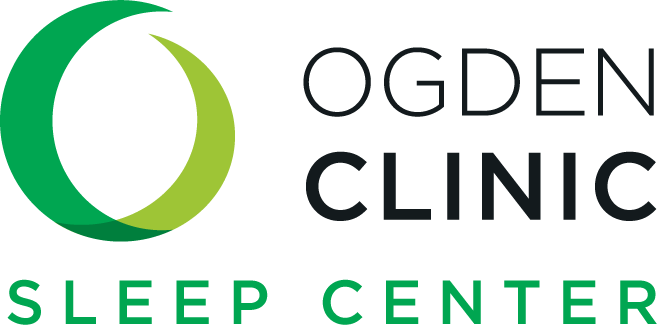Common Questions about CPAP
What is the difference between CPAP and BPAP?
Bilevel Positive Airway Pressure (BPAP) is often reserved for people with pulmonary disorders or those who may need extra air pressure that continuous positive airway pressure (CPAP) cannot provide. BPAP can offer comfort by reducing pressure when breathing out as opposed to older CPAP devices. However, modern CPAP devices offer similar relief and offer little difference is terms of comfort.
Is sleep apnea more than just snoring?
Yes, although snoring can be a symptom. Apnea means cessation of breathing. This carries many physiological consequences.
Is CPAP the same as being on oxygen?
No; CPAP is using room air, just compressed.
Is CPAP just for overweight people?
Sleep apnea appears in all walks of life, thin and large, young and old. Certainly there is an increased risk for sleep apnea with weight gain or being above normal body weight, but it largely comes down to given or acquired anatomical constriction of air flow within the throat area.
Can I take a CPAP home with me in the morning?
Not at this time.
Can I see my results?
Yes, you will have all access to your medical record.
When will I get my results?
Usually within a week of the test.
Is CPAP for life?
Not necessarily. Advances in sleep apnea therapy continue. For selected people under the guide of sleep medicine specialty, alterative options may be applied to potentially replace CPAP, for example, sufficient weight loss, dental devices, and/or surgery.
Is sleep apnea hereditary?
Perhaps, given similar anatomy of the throat area passed down, but the actual genetics is unclear.
Is CPAP better than a dental device?
For overall effectiveness, yes, especially for those that are moderate to severe with their sleep apnea. CPAP is considered “gold standard of sleep apnea therapy”. Mild to moderate cases may respond to dental devices, however, and can be independently assessed.
